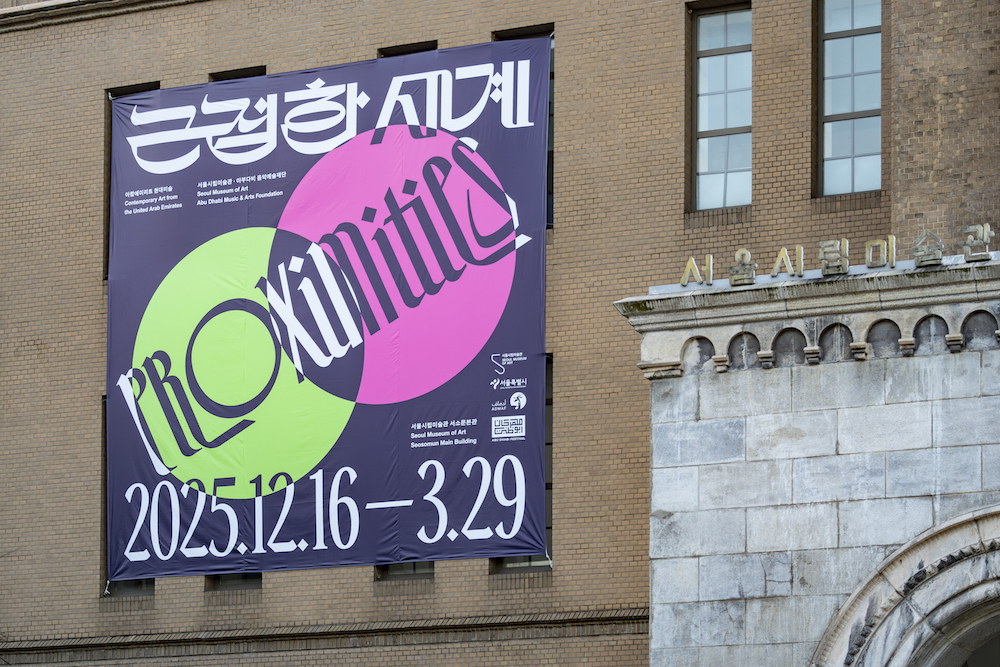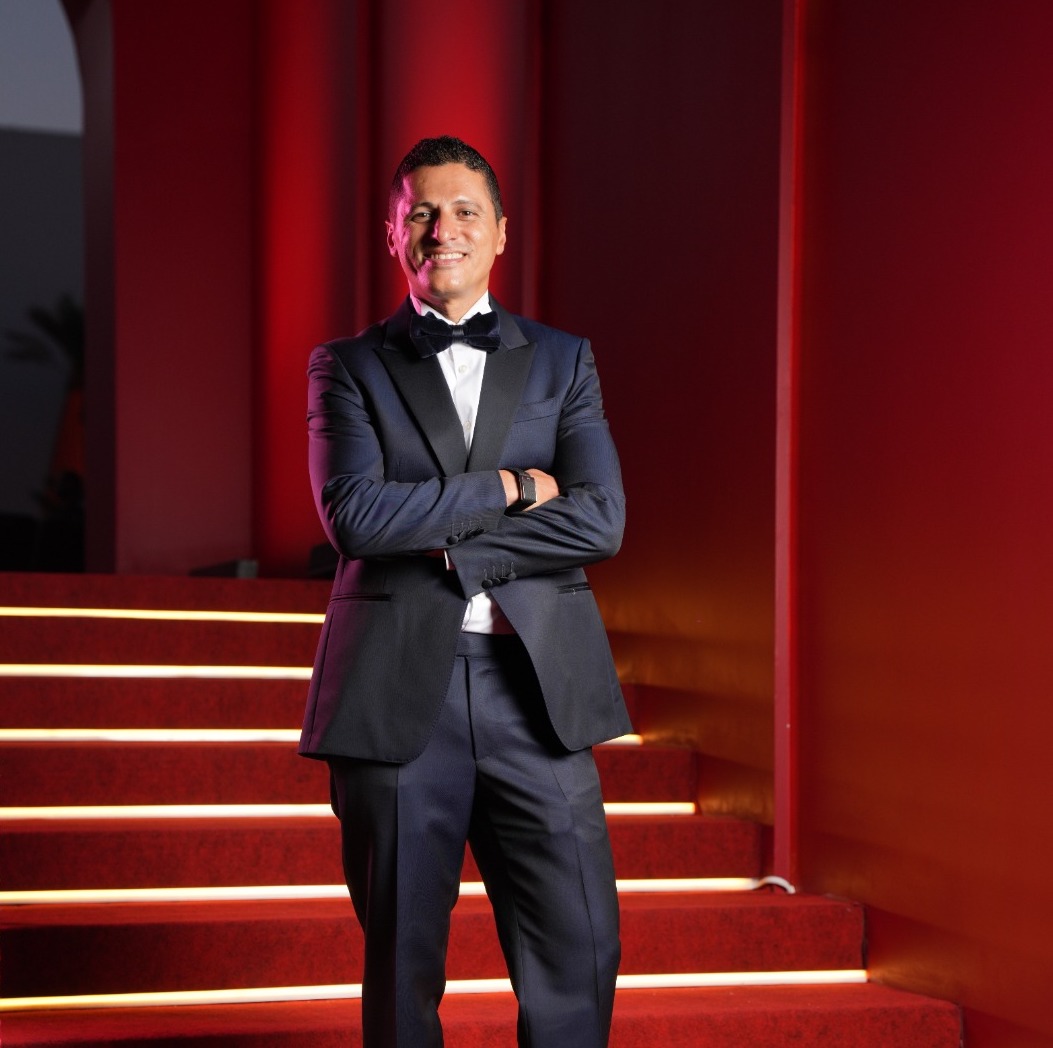Today we look into the work of Mona Ayyash, a Kuwait-born, Dubai-bred Palestinian visual artist .
Her artistic practice is characterized by an exploration of themes such as repetition, memorization, slowness, and boredom. Ayyash holds an MFA in Studio Arts from Concordia University in Montreal, Canada.
Ayyash has exhibited her work in various prestigious venues. In 2021, her work was showcased at the Jameel Art Centre, and in 2019, she participated in the UAE Unlimited program at Maraya Art Centre. She was also part of the homebound residency with 421 in 2020 and served as an artist-in-residence at the Alserkal Residency during their Fall 2017 cycle.
While she has joined various group exhibitions in the past including "The Distance from Here" at Hayy Jameel in Jeddah, Saudi Arabia (2022), "Tashweesh" at Maraya Art Centre in Sharjah, UAE (2019), or "Loaning Sister Cities" at Casino Artspace in Hamilton, Ontario, Canada (2016), she just wrapped up her first solo exhibition The Clock Doesn't Care at Abu Dhabi's 421hrough which she invite the viewer to slow down and questions the tension between passing time and wasting time. "

Hello Mona, could you tell us more about you and how you started your artistic journey?
I used to write when I was younger, I enjoyed writing short stories. Then, when I was in university, I took an analogue photography course for fun, and I really loved being in the darkroom. I kept taking more courses to spend time in the darkroom and eventually switched my major to Photography. Now, I don’t take photos anymore. I work in video, but they are very closely related.
"(...)regardless of our excuses, time keeps moving forward. It is a reminder to take responsibility for our productivity and life goals."
How has your participation in the 2024 cycle of the 421 Artistic Development Program, organized in partnership with The Institute for Emerging Art been beneficial so far and what can you say about this experience?
My time during 421’s Artistic Development Program e has been so nourishing. I had a lot of support from the team, and together we built an exhibition that I’m really proud of.
Can you talk us through “The Clock Doesn’t Care”, your first solo exhibition?
The title of the show is inspired by a phrase I heard recently that was in the context of productivity. It suggests that regardless of our excuses, time keeps moving forward. It is a reminder to take responsibility for our productivity and life goals. I wanted to challenge this idea and take the phrase in its literal meaning, that the clock truly does not care how one spends their time. That it is indifferent and doesn’t have any concern or coercion. I wanted to remind the audience that there is value and beauty in slowness, and to invite them to let time pass. In my first solo exhibition, presented at 421 Arts Campus in Abu Dhabi, I collaborated with dancers, actors, and performance artists to create footage of small non-functional movements filmed in their everyday surroundings. These movements don’t serve any purpose or productivity and the gestures are edited to repeat on a loop and placed side-by-side, or layered on top of each other, constantly changing. The exhibition is set up as an installation, with 6 videos placed in different rooms with windows. As the audience walks between each space, they can look into the rooms and watch each other watching the videos.
.jpeg)
What are the challenges you’ve faced being an Arab woman artist since launching your career?
I don’t think I faced any challenges that are unique to being an Arab woman artist. The career of an artist is long and comes with various obstacles. I think all artists face uncertainty and instability as they develop their practice and career. In many cases, we balance it with jobs, family, health, and any other responsibilities. It isn’t easy, but it can be done, especially if one remembers that there is no need to rush.
What do you hope to achieve with your art?
I just hope to stay true to myself and my practice. I hope it can resonate with some people, and it’s ok if it doesn’t do that for everyone.
Discover more about the artist, here
.png)
.jpg)
.png)




.png)